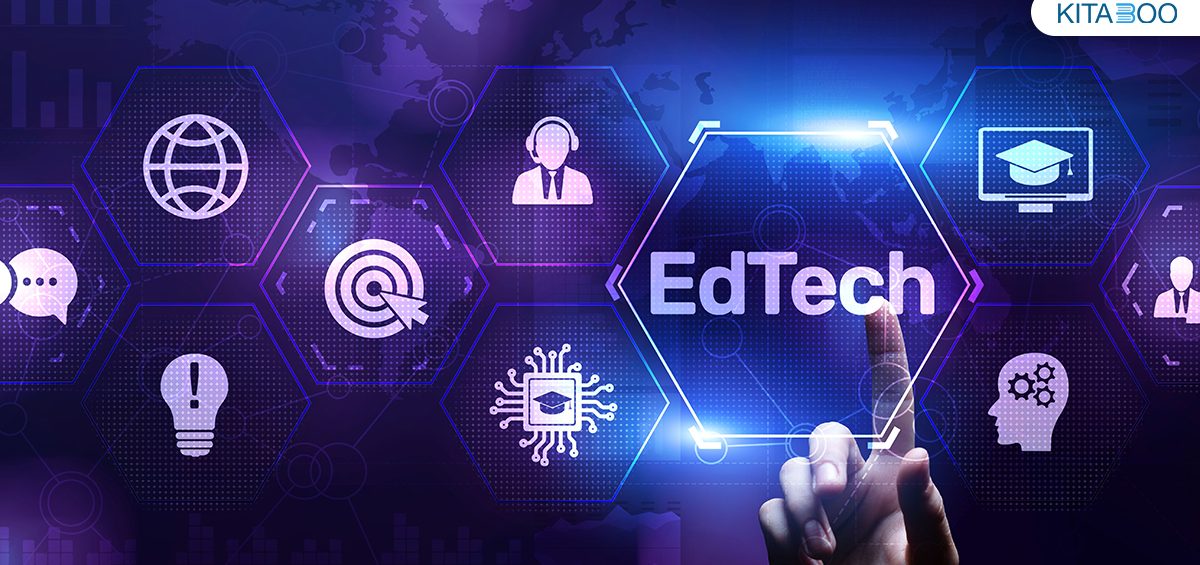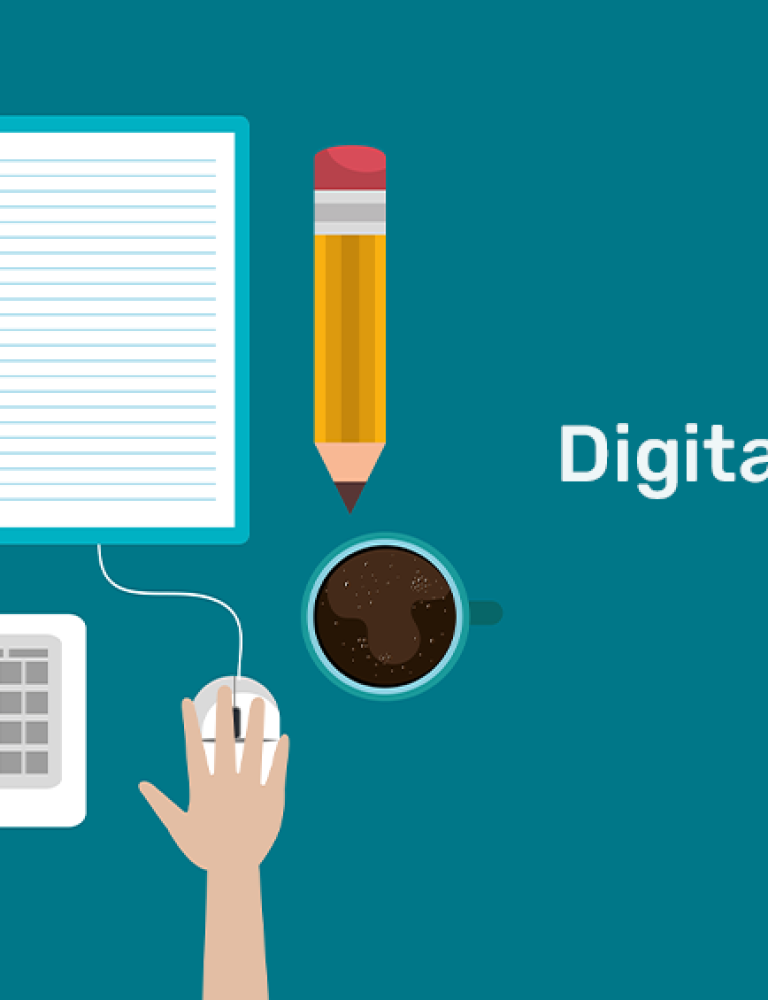With EdTech gaining ground, educational institutions, including schools and higher education institutions are increasingly leveraging the advances in technology to support their classrooms. The constantly growing needs of the education sector have added to the pressures of teaching. With a sea of information available at their fingertips, the tech-savvy generation is no longer satisfied with the traditional form of teaching, where the instructor uses the lecture form to deliver lessons aided by some simple teaching aids. At a time when learning is getting more personalized for each student, there is added pressure on teachers to deliver against the odds. The COVID-19 pandemic accelerated a sudden shift towards online learning not leaving teachers and students enough time to adapt to the new platform and technology.
All these factors together are adding to the stress levels faced by the teachers. In fact, according to a survey, the teachers are nearing breaking points with 75% of them admitting to high-stress levels and a third of educational professionals experiencing mental health issues. The effects of mental health are not restricted to the teachers but in turn impact the students they teach, leading to poor academic outcomes, poor student discipline, and higher dropout rates. While there are several aspects to this problem and how it can be addressed, it this article, we specifically look at how technology can improve teaching efficacy in the classroom, leading to a reduced level of stress for the teachers and improved learning outcomes for the students.
Applying modern pedagogical practices with EdTech
Personalize lessons: Emerging technologies in the education sector are more attuned to modern pedagogical practices empowering students to take control over their learning journeys, thus, reducing some burden on the teacher. For instance, gamification allows the packaging of lessons in the form of games. The generation of today is addicted to online games, a fact that education technology has used to its advantage. Gamification of lessons builds on the same principles of games for entertainment, the only difference being that the gamified lessons have associated learning outcomes. Gamified content has branching scenarios allowing students to take a particular path towards a learning goal and course correct on the way to the correct solution. Thus, each student learns by trial and error, proceeding further up on the learning ladder only when they have fully mastered the rung below.
Share instant feedback: Second, EdTech makes it possible to share instant feedback, which improves confidence in students and keeps them actively engaged with the lessons. Artificial Intelligence and Machine Learning are enabling the personalization of education while also immersing the students in the lessons. These technologies can also be leveraged to customize learning resources through assessments, interactive quizzes, and other adaptive learning programs. In sum, with EdTech, teachers no longer have to follow the one-size-fits-all approach for learners of all abilities as is the case with traditional classrooms; rather, they can leverage technology to provide a personalized learning experience, allowing students to learn at their own pace.
Derive data-driven insights: With modern EdTech technologies, learning management systems, and adaptive learning platforms, teachers can gain access to rich data-driven insights to guide each student individually based on their interests and needs.
How can teaching technology help improve effectiveness in the classroom?
Reduce administrative workload: Learning Tools Interoperability or LTI has greatly added to the effectiveness of education technology. These tools can easily be integrated with third-party apps such as LMS, CMS, and other content delivery platforms. These tools can automate several time-consuming manual processes such as setting assignments, grading results, and syncing them together in the records books. Automated work streams can greatly ease teachers’ burden-reducing their stress levels and allowing them to focus on their teaching.
Create learning resources: Teachers can use digital learning tools to create customized learning experiences for their students. Research shows that with such customization students need 40%–60% less time they need to learn what they would spend in a traditional classroom. Course authoring tools are generally equipped with templates, themes, and interactions that greatly help to reduce content development tools. As a case point, it may be that the teachers want to combine parts from different digital documents to explain a concept. With some tools, they just have to enter the page numbers and the tool will automatically collate the information. The teacher is therefore freed from such tasks and can focus more on interacting with the students.
Protect sensitive information: With modern EdTech, teachers can effortlessly connect with parents and students using various communication tools via emails or video calls. Many EdTech platforms maintain a record of such communications for future reference. With these tools, the teachers can also make communication with students and parents more efficient, productive, timely, and satisfying.
Conclusion
Teachers have to put in a lot of effort to balance their personal and professional lives. Added to this is the pressures attributed to the constantly evolving education landscape. The last two years of COVID-19 had added to their stress as they migrated from the comfort of the traditional classroom to navigate the world of online teaching technology. Second, teachers have to now contend with an increasingly tech-savvy generation with limited attention spans. The methods of the traditional classroom no longer work, necessitating teachers to leverage education technology to create personalized learning experiences.
While leaving the comfort of the traditional classroom for the online arena can seem daunting, in the long-run, technology can greatly help to improve efficacy in the classroom. With automated processes, teachers no longer have to spend time on time-consuming manual processes such as setting and grading assignments and then maintaining the record book for each student. Second, some AI-driven tools can also help teachers in quickly and efficiently prepare teaching resources, which also helps to save time and use it for more constructive purposes. Finally, with technology students are no longer completely dependent on the teacher for knowledge. With modern pedagogical practices such as microlearning, mobile learning, and gamification, platforms like KITABOO can help control the learning and proceed at a faster pace, learning by trial and error and mastering knowledge along the way.
Contact our expert team now and get started!
To know more, please write to us at KITABOO@hurix.com
Discover How An Ebook Conversion, Publishing & Distribution Platform Can Help You
Kitaboo is a cloud-based content platform to create-publish & securely distribute interactive mobile-ready ebooks.
You May Also Like







